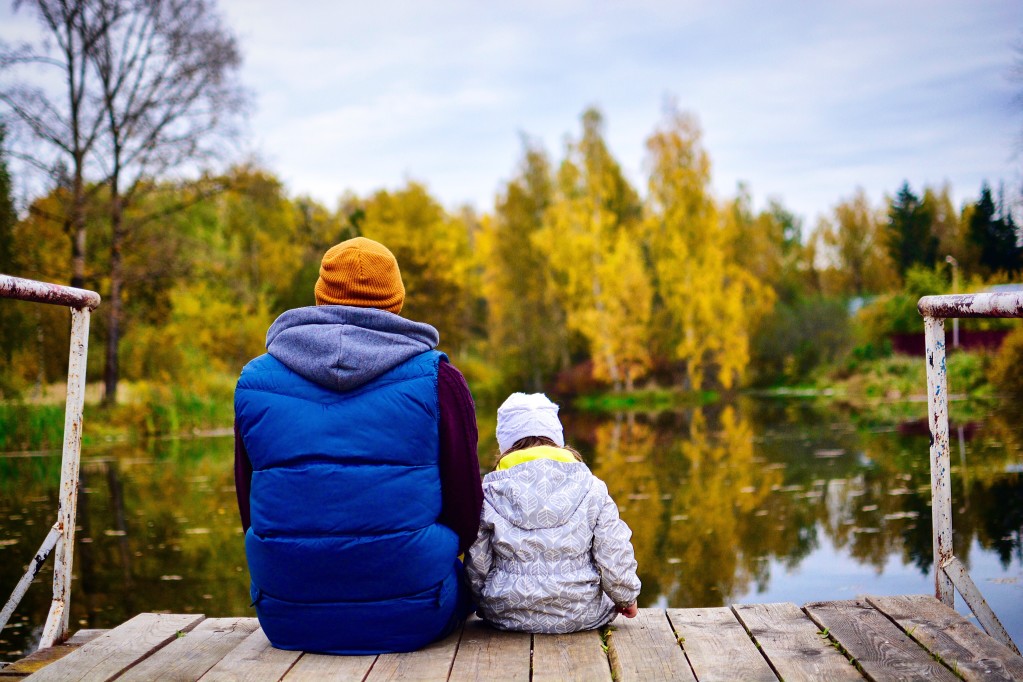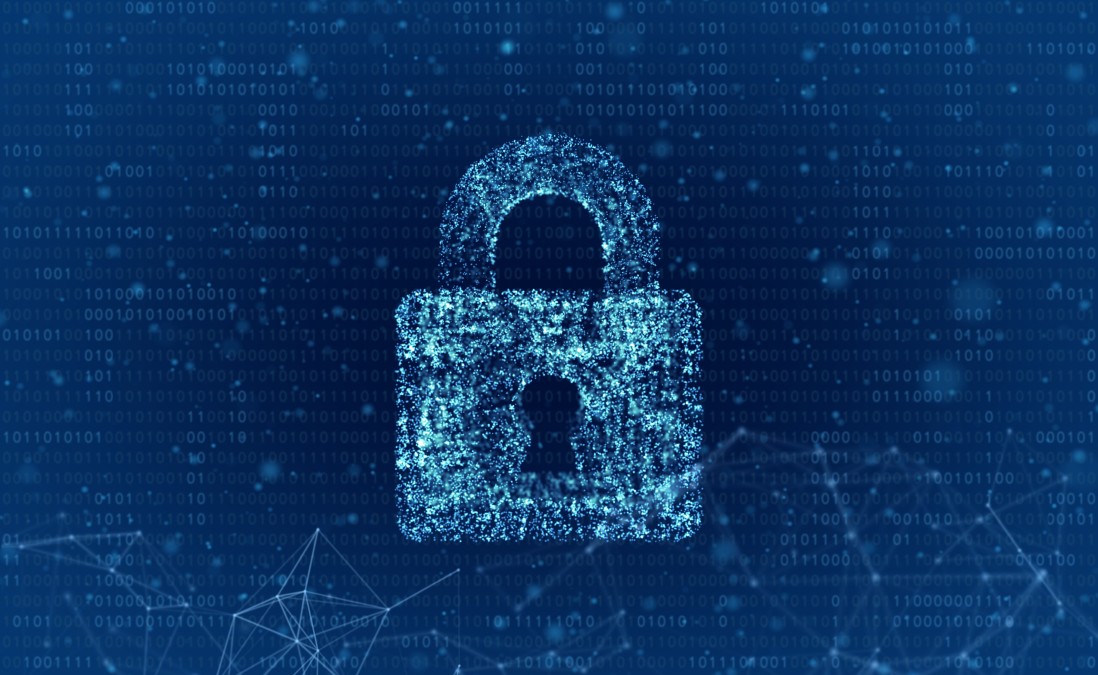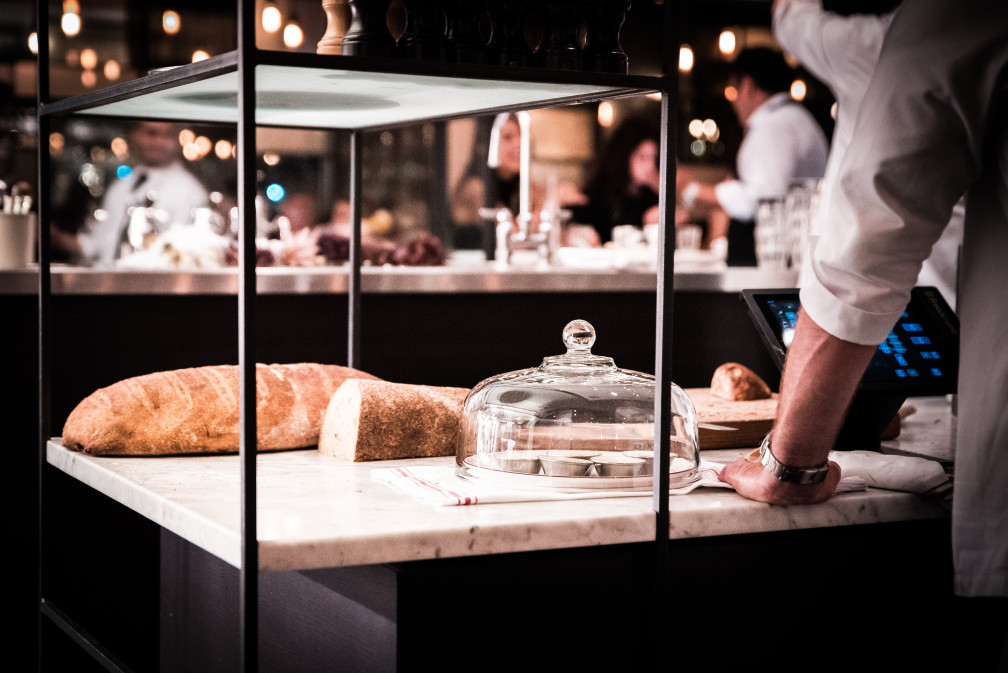A few weeks ago, I sat drinking coffee with my sister outside of the Barclays Center in Brooklyn, N.Y. Just as we got up to leave, we were startled by a yell from across the way: “Hey! You dropped something!” We looked back to see my sister’s sweater lying underneath the bench, and were greeted with a smile when we thanked the nameless man for his help. I didn’t think much of the occurrence at the time, until I saw the same thing happen a couple days later outside of Union Station in Washington, D.C. This time, three different people—including one man who appeared to be homeless—quickly caught the attention of a woman when she dropped her scarf.
Having witnessed the same act of kindness twice in only two or three days, my first thought was that people apparently have a very hard time holding on to their clothing accessories. But I also thought the acts of kindness were out of place in Brooklyn and D.C.—locations not known for their hospitality and civic virtue.
My reaction to these events brought me to both good and bad conclusions about our society.
First, the good. Though these examples are anecdotal and generally insignificant, similar virtuous acts are done every day. Whether or not the intent is purely altruistic, people often do genuinely kind things for others. And there is no familial explanation for these actions; they are done by complete strangers in metropolitan settings. In that sense, it is encouraging to know that American society can still prove itself to be an authentic community of people who selflessly look out for each other.
But, there is also the bad. The fact that I was in legitimate awe because of two consecutive acts of kindness is not a good sign—it means they were out of the norm. Stereotypically, but also in reality, our culture is an individualistic and selfish one. People look out for themselves, and—if we are lucky—try not to do harm to others. But it is unusual to find people who are consistently sacrificial and truly care about the well-being of others in their community.
So, the moral of the story is that although public virtue in America is still existent, it is waning—and this is a serious issue.
Commenting on his book, “Coming Apart,”Charles Murray explains that “historically, the engagement of Americans in the life of their communities—at an intimate level—was taken for granted.” In other words Americans were consistently engaged with the “stuff of life,” the problems and issues that plague normal communities.
Alexis de Tocqueville made note of this in “Democracy in America” when he described the enumerable amount of “associations” that Americans naturally formed. America’s civil society was incredibly robust and virtuous, which made it possible for the nation to function freely.
But as Murray suggests in his book, the “civic culture” that once made America exceptional is now not much more than a memory.
America prides itself in being “the land of the free.” But as it turns out, liberty is not free itself. It comes at a cost. Part of that cost was paid by the precious lives of Americans who sacrificed everything for their country. But in times of peace, citizens must also foot the bill by being responsible and virtuous. A free society does not just magically work. It requires a people who are willing to cooperate with each other and selflessly care for one another.
If we love liberty, we must also love justice, kindness, mercy and charity. Otherwise, the liberty that we dearly love will disappear, and the America that we call exceptional may join the ranks of failed experiments in democracy.
Like those two inconsequential acts of kindness, it’s funny how you don’t tend to notice things until they are meaningful to you. I was recently walking toward the east end of Union Station—something I’ve done probably a hundred times, when I spotted an inscription for the first time (ironically, it is taken from a poem written by famous transcendentalist Ralph Waldo Emerson). It reads:
VIRTUE ALONE IS SWEET SOCIETY
IT KEEPS THE KEY TO ALL
HEROIC HEARTS AND OPENS TO YOU
A WELCOME IN THEM ALL
Now, that’s the kind of society I want to be a part of, and the kind America needs.


